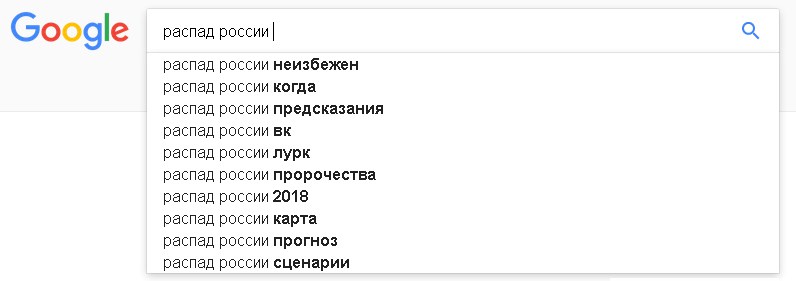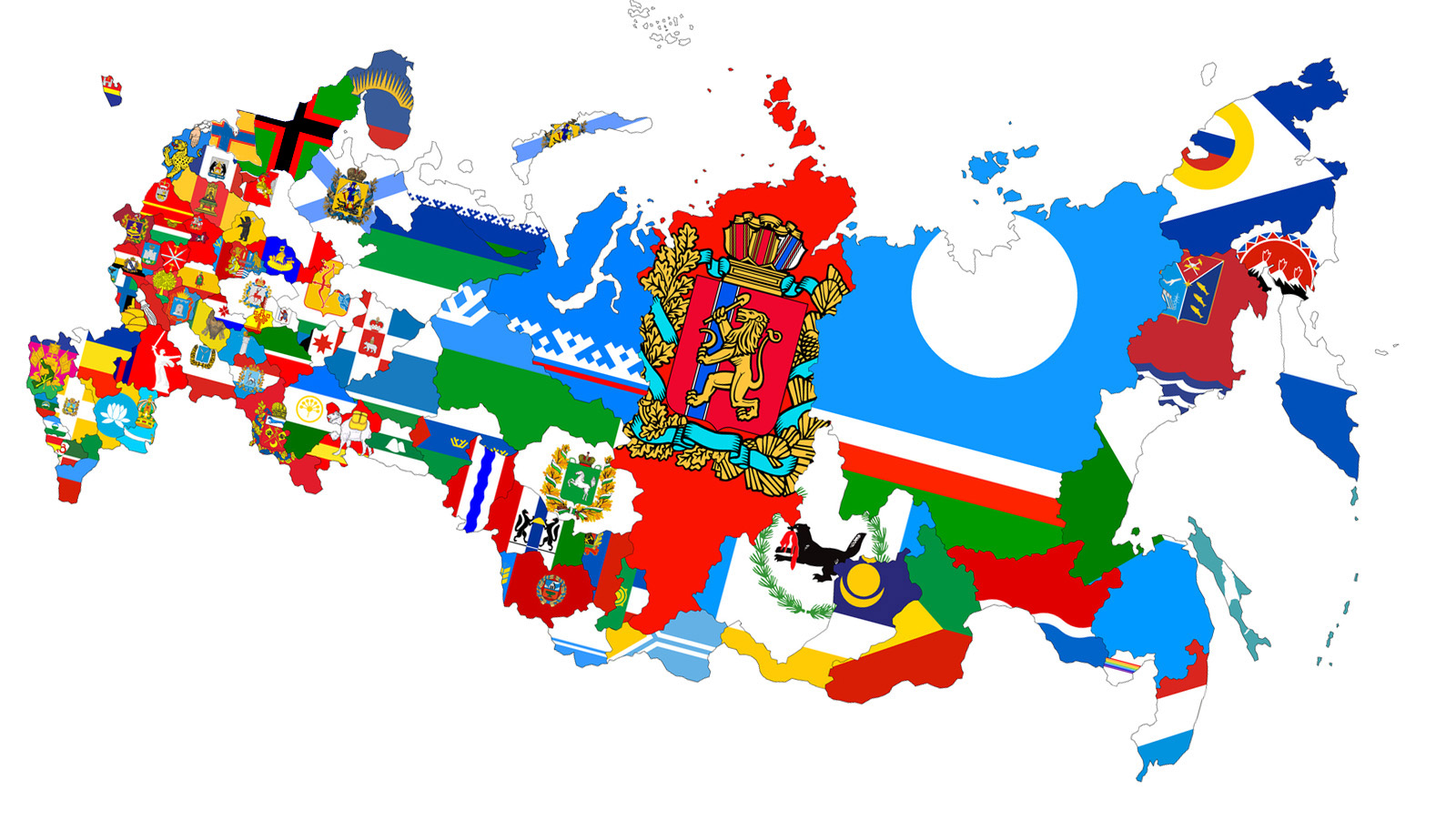The five most common stereotypical notions about how the Russian Federation might fall apart do not reflect realities on the ground but instead are put forward by those who want either to prevent that from happening or to promote it, according to Vadim Shtepa, the editor in chief of Tallinn’s After Empire portal.
According to the first, the disintegration of Russia would follow “’the Yugoslav scenario’” and become “a war of all against all,” a notion, the Russian regionalist says, that completely ignored the fact that “in the Russian Federation there is no analogue to ‘Serbia’ as an imperial metropolitan center.
In Russia, “only Moscow could be called ’the imperial metropolitan center’” since “the majority of Russian regions are politically without rights and economically victimized. For them, Shtepa says, fighting against the equally repressed neighbors makes no sense. “What should Ingria do with Karelia or Kursk with Bryansk,” to give but two examples.
This all is “the obvious fruit of Moscow propaganda which asserts that without imperial supervision, ‘everything will fall apart.’” There are some conflicts between neighboring federal units in certain parts of Russia such as the North Caucasus, but they won’t spread to the entire country.

“’The domino principle,’ more likely will proceed in a different way, repeating at a new stage the situation of 1990 when all the autonomous republics in the RSFSR proclaimed their sovereignty. Only now, already, when the historical compass from ‘the vertical’ will move to the other sides, all the regions will want to acquire status equal in rights to the republics.”
According to Shtepa, “hardly anyone wants to repeat ‘the asymmetric federation’ of the Soviet and post-Soviet model when small republics received more rights and authority than krays and oblasts with millions of residents. As a result, regions will be occupied with the establishment of their own republic-like self-administration” – and will focus on overcoming “imperial monopolies” far more than on changing borders with neighbors.
According to the second stereotype about the future disintegration of Russia, “only the non-Russian republics want to separate from the empire while all the Russian ones support it. In reality,” Shtepa continues, “the situation is much more complex” – and in some respects is just exactly the reverse.
Thus, “Kadyrov’s Chechnya, which receives giant Kremlin subsidies from other regions, is as it were an imperial bastion of ‘Great Russia,’” while the ideas of self-administration are becoming ever more popular precisely in regions with a Russian-speaking majority – in Koenigsberg, Ingria and Siberia,” to name but three.
According to the third stereotype of how Russia will disintegrate, the Russian regionalist says, if Russia does fall apart, there will suddenly appear everywhere “bandit regimes like the 'DNR' and 'LNR.'” But that ignores the fact that these regimes exist only because of the Kremlin’s sponsorship, and with its demise, they will disappear as well.
“The post-Russian Federation republics will be interested in something entirely different – in international recognition” rather than in some mythical subsidies from an imperial center that no longer exists, Shtepa says. And because they will seek such recognition they will promote human rights and democratic procedures.
According to the fourth stereotypical notion, the disintegration of Russia will lead only to “the victory of local criminals and corruption” in each of the component parts, even though it has been precisely “in the imperial hypo-centralized system” of Putin’s Russia that crime and corruption “have achieved their apogee” in Moscow itself.
Hardly any regional leader could “steal the billions” that “the Sechins, the Usmanovs, the Deripaskas, and the Rotenbergs have,” Shtepa suggests, or launch wars in Ukraine and Syria as Moscow has, or send killers with “’Novichok’” to Great Britain the way the “unified” empire has in recent years.
And according to the fifth notion of imperial disintegration, one that reflects the failure of so many Russians, including the majority of Russian opposition figures, to understand the basics of federalism. They view federalism as a trigger of disintegration rather than the best defense against it and think that the replacement of a bad tsar with a good one will solve all problems.
Like those who hold onto the other false notions of what the disintegration of the Russian Federation will mean, the Russian regionalist now living in Estonia says, they promote policies which have exactly the opposite consequences they say they seek and thus contribute to precisely what they want to avoid – the coming demise of the Russian Federation in its current borders.
Read More:
- Seeking to avoid another 1991, Kremlin takes a step making that more likely, Galkina says
- Kasparov on the breakup of Russia, invasion of Baltics and end of Putin’s regime
- Putin’s ‘long game’ consists of a multitude of special ops, Shtepa says
- Western leaders again more afraid of Russian disintegration than of Russian threat, Kasparov says
- The Russian Federation’s disintegration won’t be like the USSR’s, Zhordan says
- The longer Russia occupies Crimea, the more likely Russia will disintegrate
- Post-Soviet Russian empire entering ‘second phase’ of disintegration, Lukyanenko says
- Kremlin’s losing battle: Next stage of disintegration of Soviet space
- Moscow’s pursuit of imperial greatness may again end with disintegration of Russia, Rubtsov says
- Russia’s coming Time of Troubles
- Left-wing radicals in Urals see Russia on verge of a revolution like 1991
- Russia must decentralize or it will stagnate and then disappear, Pastukhov says
- Chechnya – a bigger threat to Russia now than it was in the 1990s, Moscow paper suggests
- ‘Stop feeding Moscow!’ – slogan of next Russian revolution, St. Petersburg regionalist says


